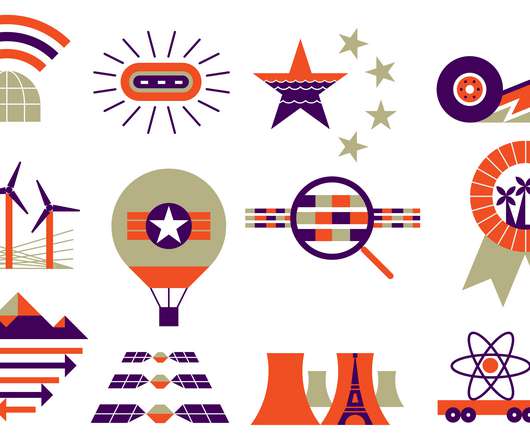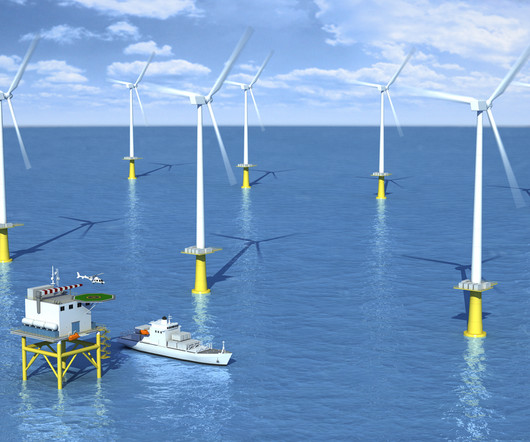SITA UK and Cynar to build UKs first commercial plants to convert waste plastic to diesel
Green Car Congress
NOVEMBER 8, 2010
Cynar is a UK company established to commercialize the ThermoFuel technology exclusively licensed to it in the UK and Ireland by its owners, Ozmotech Pty Ltd. The waste plastics to hydrocarbon fuels liquefaction technology is based on pyrolysis and distillation. Cynar’s first plant is built and operating in Portlaoise, Ireland.











Let's personalize your content